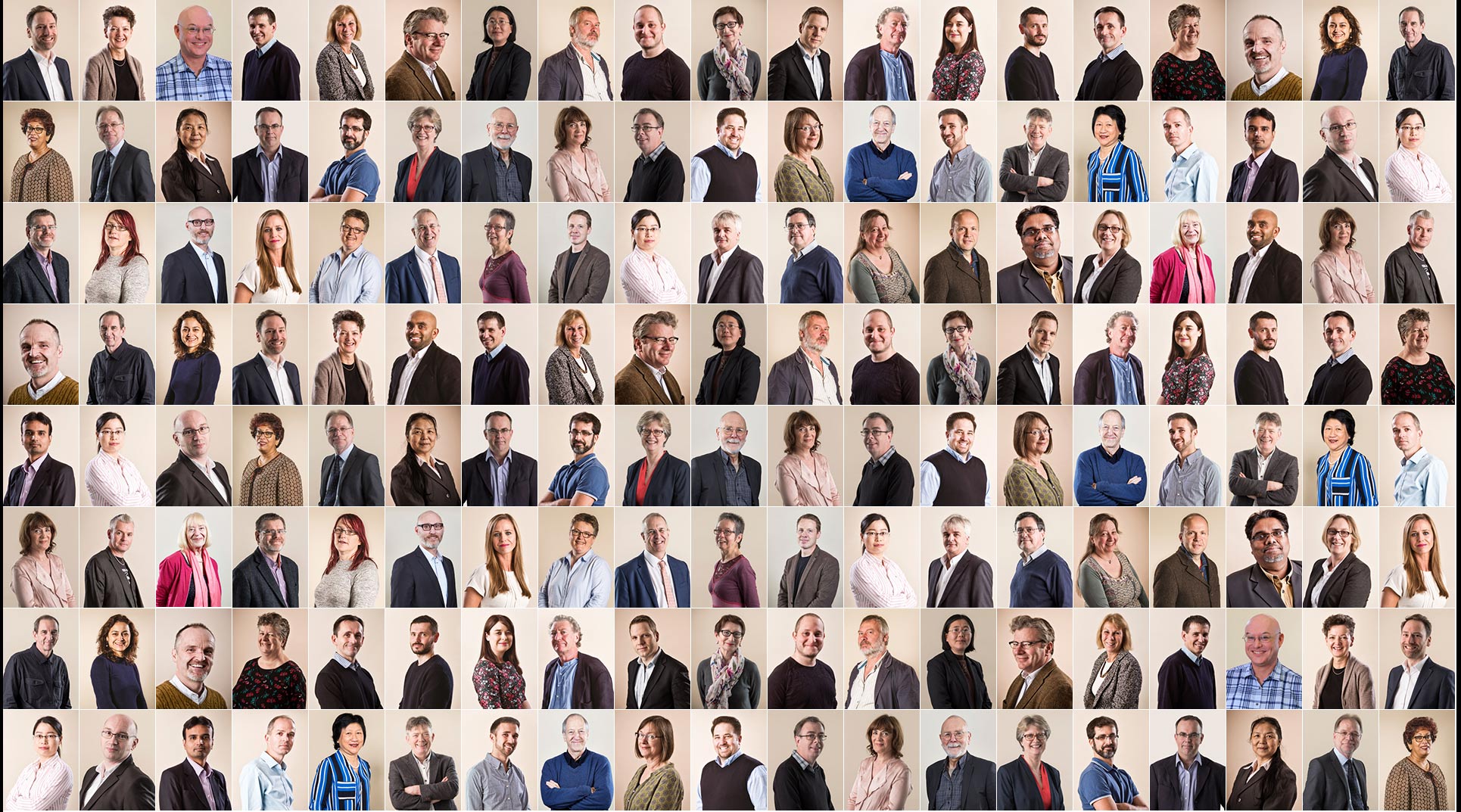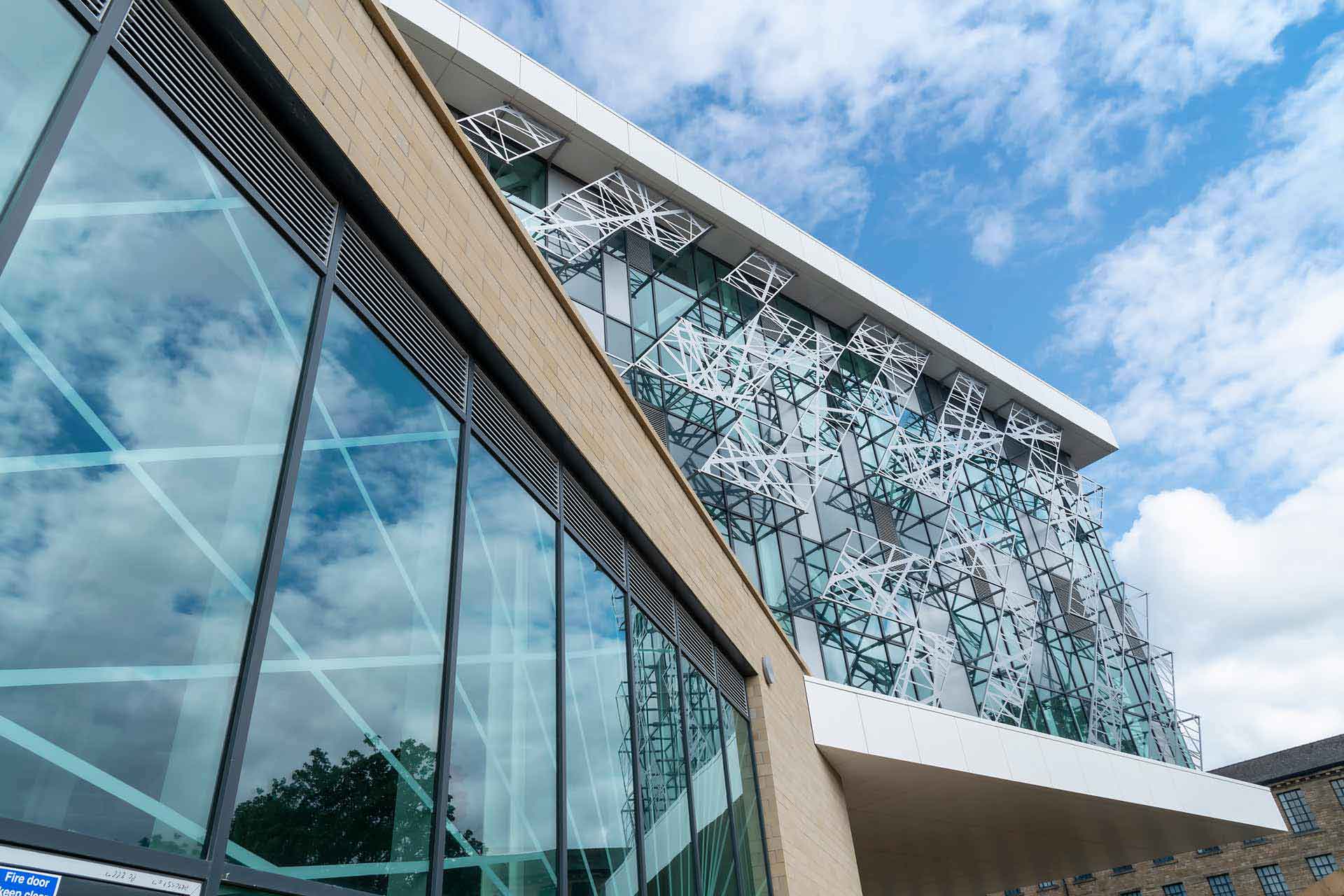UoA 5 - Biological Sciences
Our research is often interdisciplinary, reflecting close integration of the four departments within the School of Applied Sciences. Research areas within biological sciences covers three main areas:
Evolutionary Genomics - with its ancient DNA laboratory, has led or participated in research collaborations with scientists from over 30 institutions spread across Europe, North America, and Australia including Harvard, Oxford and Max Planck Institutes. Recent big-data led research outputs from researchers in this area span forensic archaeology and entomology, archaeogenetics, molecular ecology, and molecular evolution including:
- an 8000-year genomic history from pre-farming to the present of the Iberian Peninsula
- plant manipulation and cultivation without domestication during the Holocene ‘Green’ Sahara
- genetic ancestry of the world’s first famers
- postglacial admixture of non-human mammal species in Europe
- evolution of virulence traits in neglected pathogens
- influences of codon usage bias, RNA modification, and mobile DNA during early animal pre-history
Cellular and Molecular Models of Disease - have developed or applied experimental models to address key questions in the biology of normal tissues and disease and with inpatient groups including the elderly and children. A group focus is the development of alternatives to animal models in line with principles of reduction, replacement and refinement (the 3Rs); recent activities include molecular insights into:
- Metabolic physiology and addiction-related disease using nematode models
- Microfluidic models of tumour environments for drug delivery
- potential therapeutic options for rare skin disorders
- Cooling prevention of chemotherapy-induced alopecia
Pharmacology and Therapeutics – in this area we work on development and evaluation of candidate therapeutics designed to target cancer and neurological disorders. Here the range of recent work includes:
- phenotypic evaluation and target deconvolution of novel chemical & targeted intervention against specific biochemical pathways
- tumour cell migration and tissue invasion and development of three-dimensional cell culture models

Staff

Impact

Institutes and Centres
